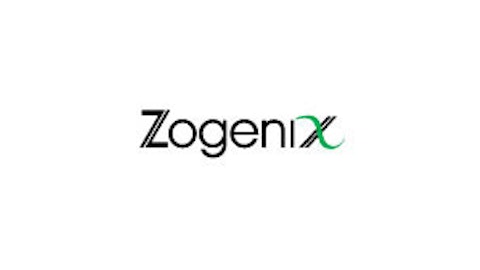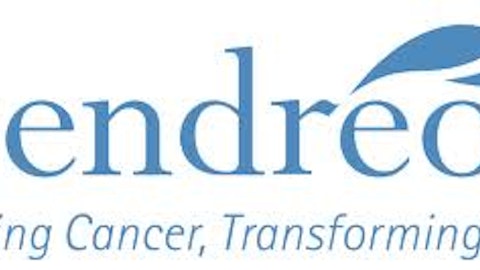
What is Remicade?
Remicaide (infliximab) is a biologic drug approved for the treatment of a number of immune mediated inflammatory diseases. A biologic is created using biological processes, as opposed to chemicals (pharmaceuticals). According to Johnson & Johnson, it was the first anti-TNF-alpha treatment approved in the United States in August 1998. It is approved for treatments in the gastroenterology, rheumatology, and dermatology areas.
The drug’s specific markets include Crohn’s disease and pediatric Crohn’s disease, rheumatoid arthritis, ankylosing spondylitis, psoriatic arthritis, ulcerative colitis and pediatric ulcerative colitis, and psoriasis.
Ulcerative colitis is a chronic inflammatory bowel disease affecting nearly 700,000 people in the United States. It is basically the result of inflammation in the colon. There is no cure, which means that patients for which this medication is effective are, essentially, an annuity like revenue stream.
Crohn’s disease and pediatric Crohn’s disease are also typified by inflammation of the gastrointestinal tract. However, Crohn’s is believes to be associated with abnormalities of the immune system. There are approximately 500,000 people, including approximately 150,000 pediatric patients, suffering with this chronic disease, for which there is no cure.
Rheumatoid arthritis is persistent and progressive joint inflammation. It can cause pain and, eventually, functional disability. It is believed that this form of arthritis effects 1.3 million people. Psoriatic arthritis is chronic arthritis inflammation that can lead to joint destruction. Psoriatic arthritis is frequently associated with inflamed, scaly, red patches of skin psoriasis and nail psoriasis. Ankylosing spondylitis is a progressive form of spinal arthritis. The company believes there are 500,000 people in the United States with ankylosing spondylitis.
Psoriasis is a chronic, immune-mediated disease that results from the overproduction of skin cells. These cells accumulate and cause red, scaly patches. JNJ believes there are approximately 7.5 million Americans, and nearly 3 percent of the world’s population, living with psoriasis. Moreover, according to the National Psoriasis Foundation, up to 30 percent of people with psoriasis also develop psoriatic arthritis.
Why Remicade is important
Although the 2012 breakdown isn’t yet available, Remicade had sales of $5.5 billion in 2011. The entire pharmaceutical division had sales of $24.4 billion. It’s simple math, but that means that sales of that one drug accounted for 23% of the division’s revenues. That’s a big number.
In fact, the company warned in 2011 that Remicade represented 8.4% of Johnson & Johnson’s total revenue. It isn’t surprising then, that the company warned, “Accordingly, the patents related to this product are believed to be material to Johnson & Johnson.” The reliance on one drug for so much revenue is a notable risk.
How big is that risk? Remicade is patented, and thus protected from competition. But that protection only lasts so long. When drug patents expire, sales usually fall quickly. For example, in June of 2011, Johnson & Johnson’s Levaquin lost its patent protections. Generics quickly entered the market and sales of Levaquin fell 54% in 2011.
To put dollar figures on that, the drug had sales of $1.4 billion in 2010. In 2011, with only six months of competition, sales fell to 623 million. Assuming that sales in the previous year were equally spread across the full 12 month period, it means that the second half of 2011 saw sales drop close to zero. It’s going to be a bigger deal when this happens to Remicade, a drug that generates almost four times the revenue.





